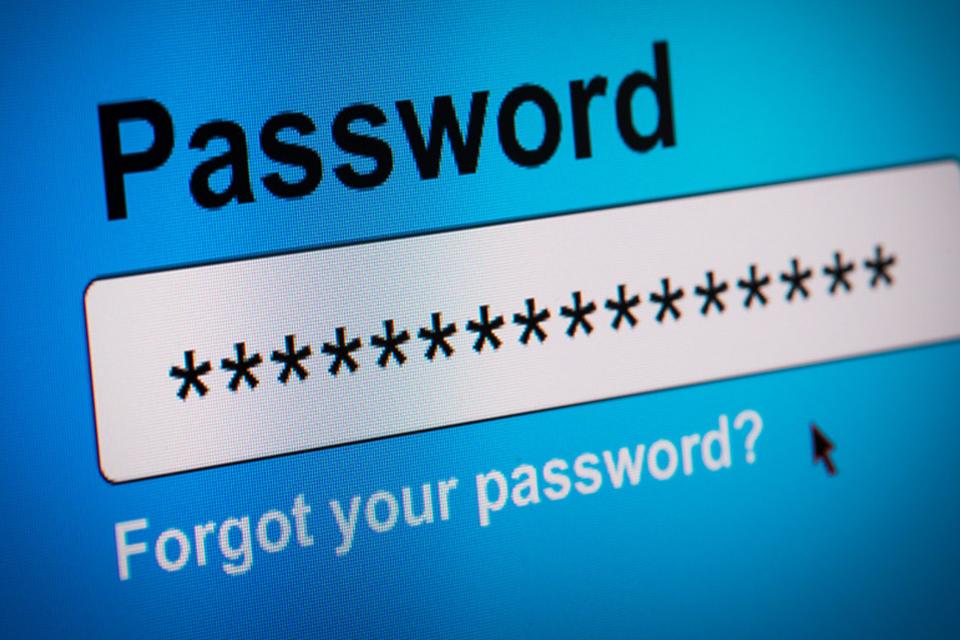Passwords date back to the Roman army, where watchwords identified soldiers and distinguished friends from foes. By the 1920s, during Prohibition, speakeasies used passwords for entry. If you go back far enough, you might recall using Pig Latin to keep secrets from frenemies. Back then, passwords were simple; none of us could have predicted how central they would become in our lives.
In 1961, MIT needed to grant individual users private access to a time-sharing computer, leading Professor Fernando Corbato to create the first digital passwords. Soon after, the first data breach occurred when a user printed a list of passwords to gain more time on the system. With the rise of personal computers and smartphones, the demand for secure passwords has surged. The classic solution—using the same password for all accounts—creates vulnerabilities that defeat the purpose. Today, every transaction, from online purchases to medical visits, requires password protection.
The weaknesses of passwords include: 1) we forget them, 2) frequent password changes lead to even more forgetfulness, and 3) few can remember hundreds of unique passwords. Ironically, storing passwords on computers can make them susceptible to hackers. Using a digital password manager can enhance security, especially with two-factor authentication or biometric access. I still can’t shake the creepy image from a Terminator movie where a character presents an eyeball to a retinal scanner for access!
Digital passkeys are another option, but they require specific hardware, making universal use challenging. Perhaps using a passkey for your most secure transactions is best. To stay ahead of cyber threats, we must continuously improve security, making multi-factor authentication increasingly reasonable. A sobering reminder is that anything we create can be hacked. During World War II, the Germans’ complex Enigma Code was considered impenetrable, yet Alan Turing and the British cracked it, turning the tide of the war by accessing German military communications.
Some still prefer writing down passwords in a notebook, which isn’t hackable but has obvious drawbacks: convenience, misplacement, and theft. We’ll likely be using passwords for the foreseeable future, as they are the only solution without compatibility issues. Digital password vaults can help store the many passwords we need, and the more complex we make them, the better.
"An ounce of prevention is worth a pound of cure." — Benjamin Franklin
There’s ongoing debate about forcing regular password expirations. Some argue this limits hackers’ access, while others believe frequent changes lead to weaker, repetitive passwords. We are creatures of habit with limited memory. Limiting login attempts and shutting down systems after a set number of tries enhances security.
As frustrating as passwords can be, they serve an essential purpose. While managing them may be time-consuming, consider how much of our data they protect. A few decades ago, Social Security numbers were used for nearly everything, even on driver’s licenses! If you find the password process annoying, imagine a world without the security they provide. If you curse their existence, take comfort in knowing you’re not alone; we all have to live with them. Like fences, passwords help make good neighbors.
